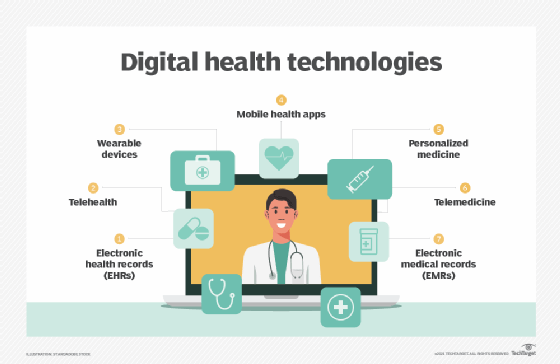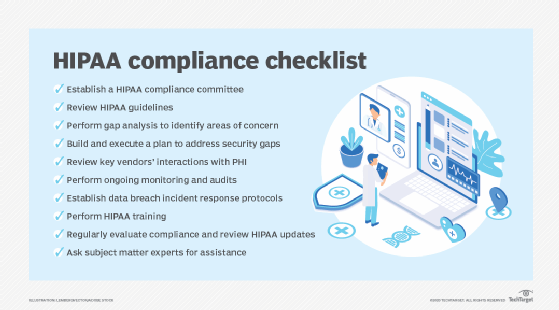medical scribe
What is a medical scribe?
A medical scribe is a professional who specializes in documenting patient encounters in real time under the direction of a physician. As the healthcare industry continues to evolve, the role of medical scribes has become increasingly important. These professionals play a crucial role in managing patient clinical documentation and clerical tasks, especially in an era where electronic health records (EHRs) are the norm.
This role has become more prominent with the digitalization of healthcare records. Initially, medical scribes largely assisted with the transition from paper to digital records, but their role has expanded significantly in recent years.
In healthcare facilities that have converted from the old paper record system, medical scribes now do much of their work in an EHR system, though some still manually record information in patient charts.

Key responsibilities of a medical scribe
The primary responsibility of a medical scribe includes real-time documentation of clinical encounters and updating EHRs. However, their role goes beyond mere transcription.
They gather and organize patient information for physicians to review before appointments, assist in navigating EHR systems, and help in locating and entering specific patient data. This comprehensive support allows healthcare providers to focus on patient care rather than administrative tasks.
Physicians who aren't fully comfortable with their EHR system or feel they don't have time to copy the details of a patient's visit in their electronic record can hire a medical scribe to do so on their behalf. Medical scribes can also teach or help physicians to navigate their EHR system, locate specific patient data or enter notes into a patient's record.
Not all medical scribes reproduce physicians' handwritten notes into a digital health format. Some sit in on a doctor's visit and record all necessary insurance, billing and medical information as it is given by the patient. The day-to-day function of a medical scribe often varies depending on the needs of their employing physician.
Training and qualifications for medical scribes
Medical scribes work in a variety of healthcare settings, including hospitals, clinics and private practices. The career path for medical scribes can lead to advanced roles in healthcare administration and management.
So, the training and qualifications required for medical scribes can vary depending on the employer and the specific healthcare setting, but generally, they include a combination of education, specialized training and certain skills:
- Educational background. While a specific degree is not always mandatory, many medical scribes have a background in pre-med, nursing, biology, or other life sciences. This helps them understand medical terminology and systems (for example, Systematized Nomenclature of Medicine -- Clinical Terms), and clinical processes. A high school diploma or equivalent is typically the minimum educational requirement.
- Specialized medical scribe training. Many organizations offer specialized training programs for medical scribes, which can be found online or through community colleges. These programs typically cover medical terminology, anatomy, documentation standards, compliance with healthcare laws -- such as the Health Insurance Portability and Accountability Act (HIPAA) -- and the use of EHR systems.
- On-the-job training. Some healthcare facilities provide their own training programs, which often include shadowing experienced scribes and learning specific protocols related to their particular medical setting.
- Certifications. Although not always required, certification can enhance a medical scribe's qualifications. Certifications such as the Certified Medical Scribe Professional offered by the American Healthcare Documentation Professionals Group or the Certified Clinical Medical Scribe offered by the American College of Medical Scribe Specialists are available.
Medical scribes play a crucial role in the healthcare system, and while the barrier to entry is not as high as in other medical professions, a strong foundation in healthcare knowledge and the ability to learn quickly are essential for success in this field.

Challenges and limitations of medical scribes
Medical scribes significantly contribute to the efficiency and effectiveness of healthcare delivery. By handling the administrative burden of documentation, they allow physicians to spend more time with patients, thereby improving the quality of care.
However, that is not to say that this role is not without its challenges. Medical scribes often find themselves in high-paced and high-pressure environments that require a deep understanding of medical terminology and procedures. This can be daunting, especially for those new to the field.
Additionally, they must be proficient in navigating various EHR systems, each with its own complexities and frequent updates.
Another significant challenge for medical scribes is maintaining the accuracy of documentation. The stakes are high, as any errors or omissions can directly impact patient care and billing, leading to potential legal consequences. Complying with regulations like HIPAA adds another layer of responsibility, ensuring patient information is handled with utmost confidentiality.
While medical scribes play a pivotal role in enhancing healthcare efficiency, their position demands a unique combination of skills and resilience to effectively manage the demands and limitations inherent in their role.
Still, as technology continues to advance and the focus on efficient patient care intensifies, the demand for skilled medical scribes is likely to grow, making them an integral part of the healthcare team.
See how AI scribe technology can cut clinician burnout from electronic health documentation. Learn how IT tools are being used to capture patient health data in real time to transform the healthcare industry.





